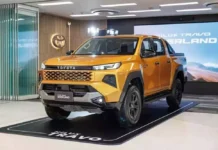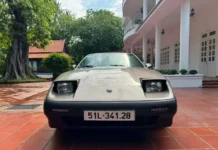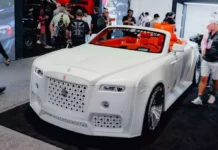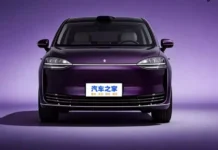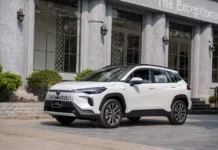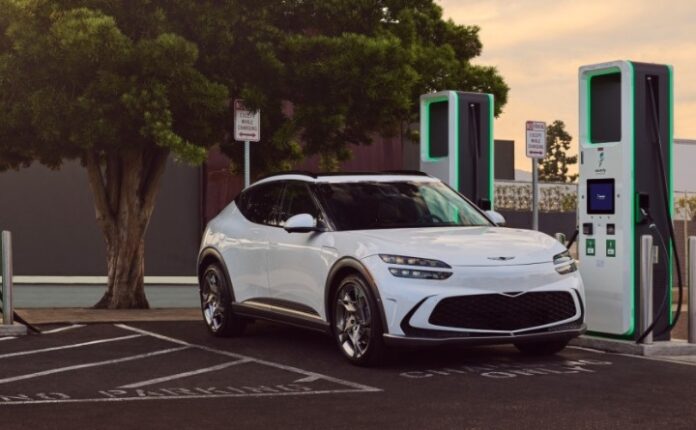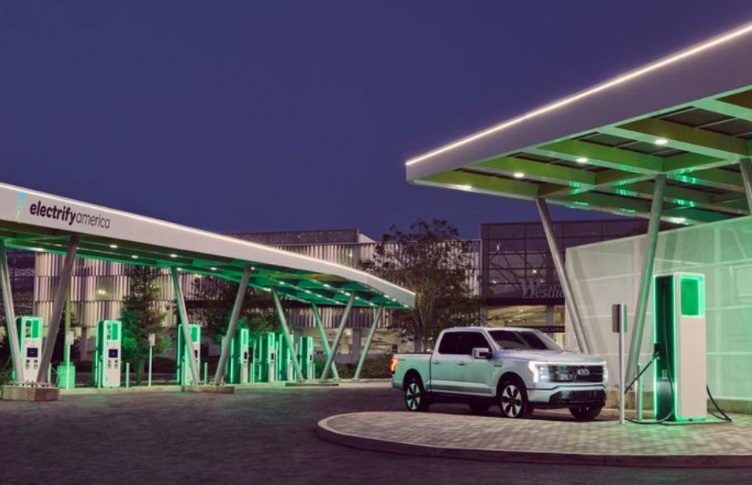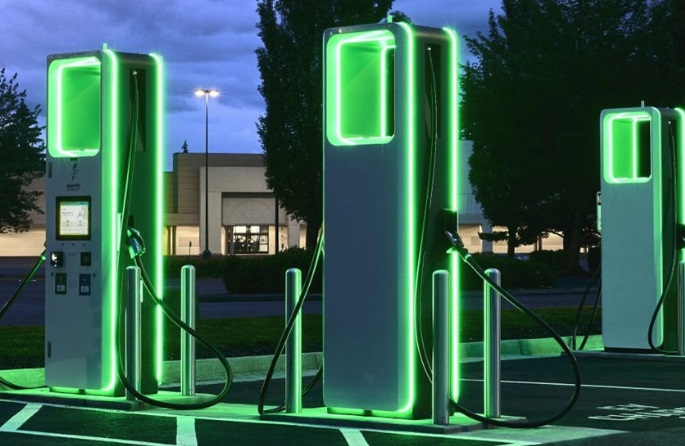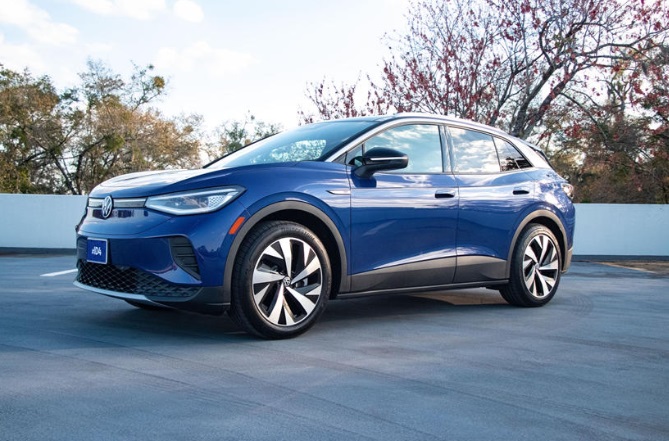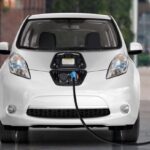Electrify America, the largest charging network in the US, has introduced a pilot program to reduce congestion by limiting customers’ maximum charge to 85%.
The program will initially be implemented at 10 stations in Southern California, where drivers will be unable to charge beyond 85% as the system will automatically shut off at this limit. Thereafter, drivers will have 10 minutes to unplug before incurring overtime fees.
The Chairman of Electrify America stated that for every minute beyond the time limit, vehicle owners will be charged an additional 40 cents.
While many fast-charging stations can charge electric vehicle batteries from 10% to 80% in a short time, it often takes much longer to fill the remaining 20%. Hence, Electrify America has set the limit at 85%, which strikes a balance between meeting customers’ needs to have sufficient charge for their journeys and saving time for the next customer in line.
For now, this charging limit will only be in effect at select Electrify America stations. At other stations, customers can still charge up to 100% if needed.
Currently, Electrify America has free charging agreements with several major car brands, including Mercedes-Benz and Hyundai. This has led to customers wanting to maximize these benefits, presenting a challenge for Electrify America.
TH (Tuoitrethudo)
Charging an Electric Car Battery for Longevity and Durability
Electric cars are fundamentally different from traditional gasoline cars, with a more intricate infrastructure that necessitates users to possess a deep understanding of charging techniques, ideal charging schedules, and accurate distance calculations. This knowledge is essential to maximize the efficiency and performance of electric vehicles.


